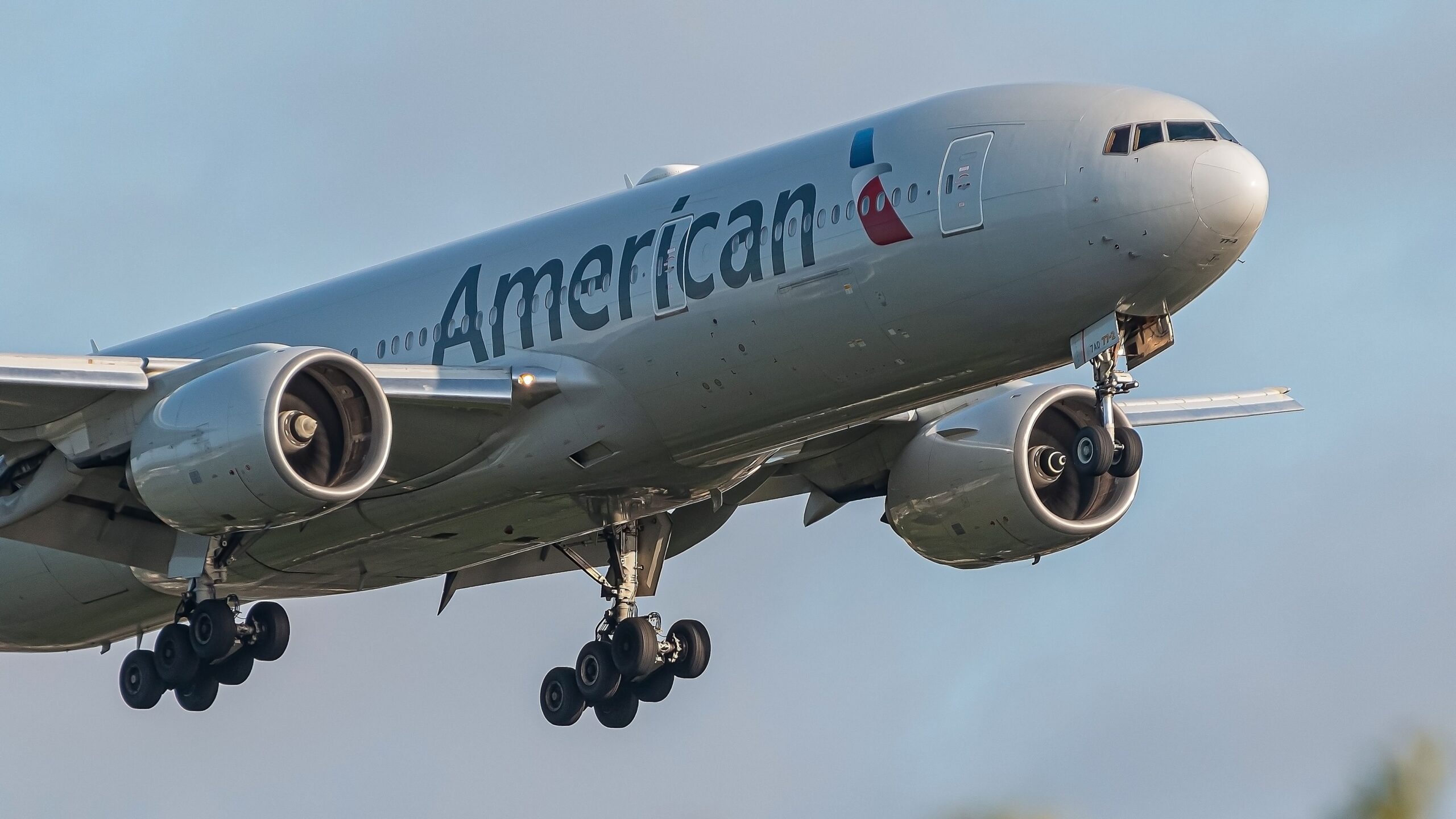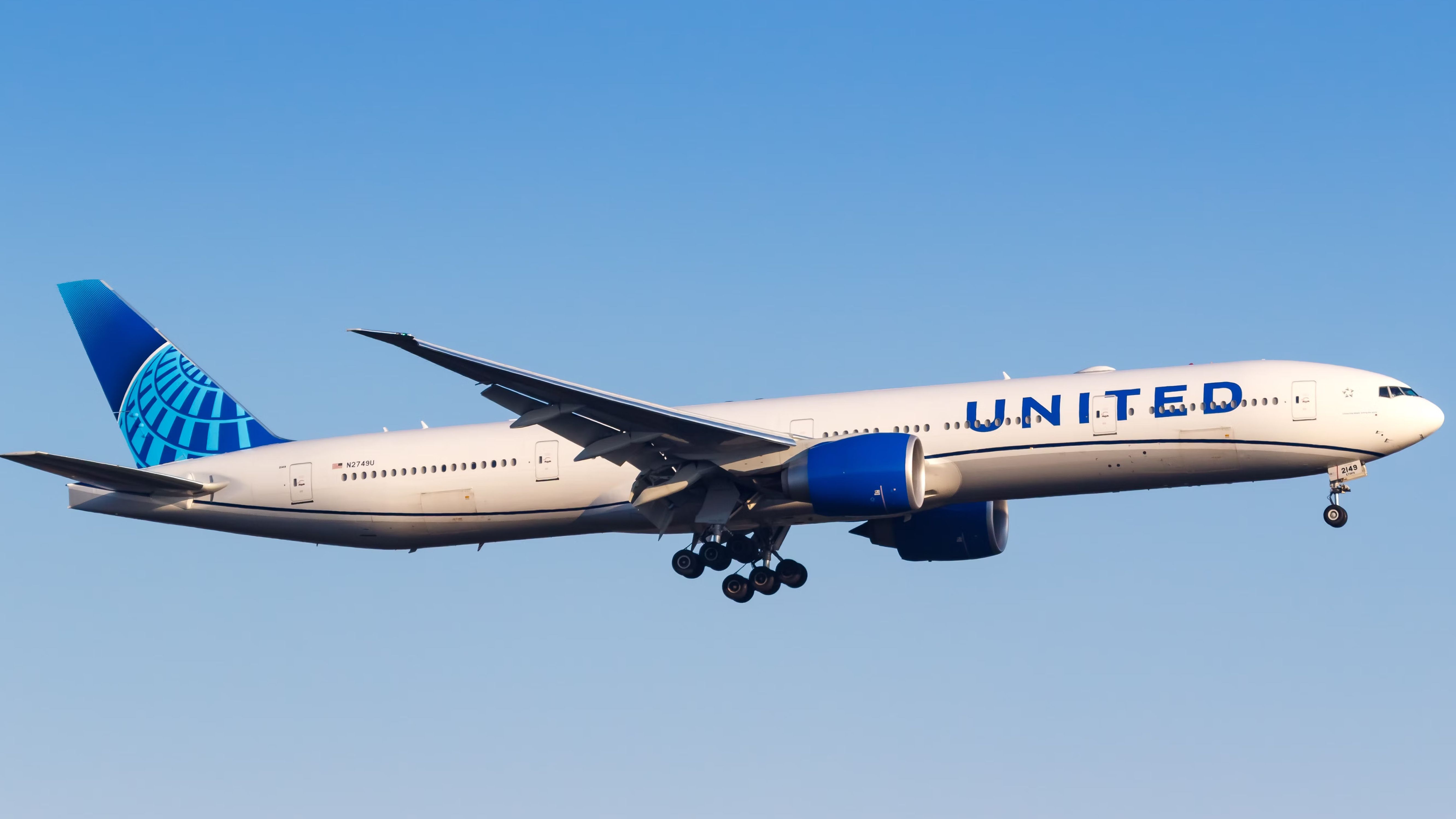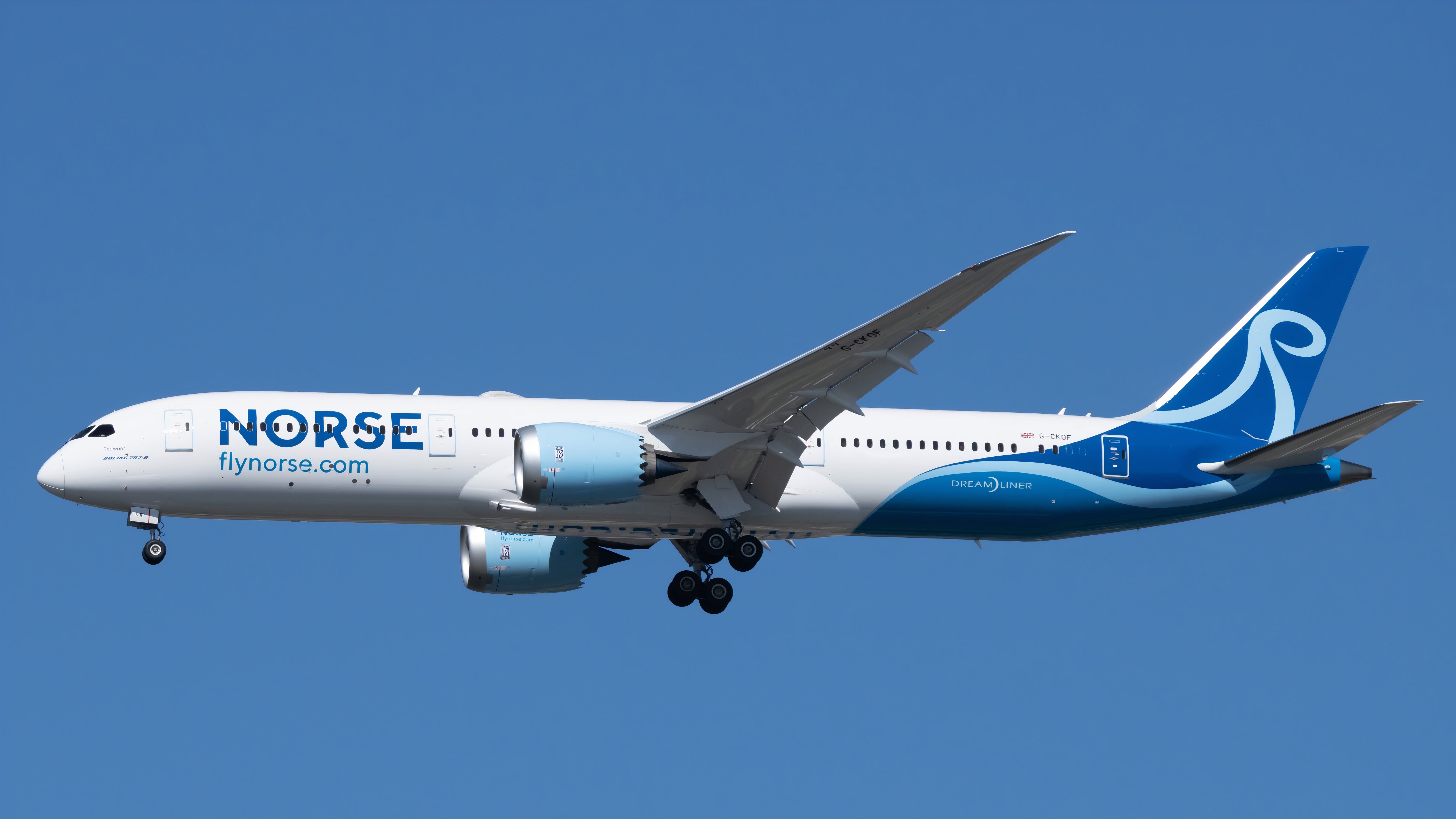In October, the US will have 580+ airport pairs operated by widebody aircraft. Analyzing every planned take-off using Cirium data shows that twin-aisle equipment will be on 0.7% of the country’s domestic flights, 1.5% of international short- and medium-haul international services, and—hardly surprisingly—on 95% of long-haul take-offs.
The USA’s most-served widebody routes
They are shown below. Predictably, New York JFK-London Heathrow is in pole position, as always. More enlightening is the change that has taken place compared to October 2023.
As ![]() Delta Air Lines
Delta Air Lines
has reduced Los Angeles-Honolulu widebody services in favor of more A321neos, it is out. San Francisco-Taipei has replaced it, helped by the December 2023 arrival of Starlux, along with ![]() United Airlines
United Airlines
increasing flights to twice daily in November 2023.
The daily frequency variation may be dramatic as northern airlines change to winter schedules on October 27. As so many routes are exclusively operated by widebodies, the % of widebodies column is a little redundant. However, it is interesting for those markets, including to Europe, that also see narrowbodies.
|
Airport pair (not city level) |
One-way widebody flights (number per day)*: October |
% widebodies** |
Widebodies by…** |
|---|---|---|---|
|
New York JFK-London Heathrow |
605 (18 to 20) |
91% |
American, British Airways, Delta, Virgin |
|
Los Angeles-London Heathrow |
311 (8 to 11) |
100% |
American, British Airways, United, Virgin |
|
New York JFK-Paris CDG |
310 (8 to 11) |
85% |
Air France, American, Delta, Norse Atlantic |
|
Chicago O’Hare-London Heathrow |
291 (6 to 11) |
100% |
American, British Airways, United |
|
New York JFK-Los Angeles |
283 (5 to 11) |
32% |
Delta |
|
Newark-London Heathrow |
259 (7 to 9) |
100% |
British Airways, United |
|
New York JFK-Rome Fiumicino |
226 (4 to 8) |
100% |
American, Delta, ITA, Norse Atlantic |
|
San Francisco-Taipei |
217 (7) |
100% |
China Airlines, EVA Air, Starlux, United |
|
Los Angeles-Tokyo Haneda |
217 (7) |
100% |
All Nippon, American, Delta, Japan Airlines, United |
|
Boston-London Heathrow |
211 (6 to 8) |
87% |
American, British Airways, Delta, Virgin |
|
* Double for both ways |
** Airport level, not city level |
Changes compared to 2019
Before the pandemic in October 2019, the US’s top 10 widebody-operated airport pairs had 2,713 one-way flights. Five years later, the table above shows 2,930, up 8%, equivalent to an extra seven daily flights.
Photo: Markus Mainka I Shutterstock
These airport pairs are out… and these are in
Gone are Honolulu-Tokyo Narita, Los Angeles-Tokyo Narita, and San Francisco-London Heathrow. Despite 13% more flights than before, counterbalanced by lower-capacity aircraft that have reduced seats/flight, San Francisco-London Heathrow now ranks 11th.
The exit of the two Japanese markets is because airlines have increasingly moved to Haneda, closer to downtown Tokyo. As airlines serve Honolulu/Los Angeles to Haneda and Narita, numbers have been split. However, Los Angeles-Haneda is now in the top 10, joining San Francisco-Taipei (see earlier) and New York JFK-Rome Fiumicino.
Photo: Vincenzo Pace | Simple Flying
The Italian market’s flights have risen by a massive 49%, raising questions of overcapacity but generally reflecting the buoyant US demand to Southern Europe. Norse Atlantic began flights in June 2023, while Delta’s October offering has risen from daily in 2019 to triple daily now (double daily from October 26).



